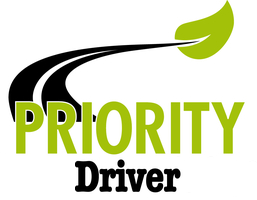The day after the party
Many companies hold their Christmas parties during the working week but then expect their staff to drive the following day.
However, this is a failure of the employer’s duty of care under Health and Safety guidelines if there is a likelihood that the driver has been drinking the night before.
This is because alcohol remains in the system for up to 24 hours after the event. On average, it takes around one hour per unit of alcohol drunk for it to pass out of the system, but this will also depend on the individual’s weight, age, gender and metabolism, the type and amount of alcohol they have drunk, what they have eaten since and also on their stress levels.
It has been calculated that there are 1 in 9 positive breath tests the day after a person has been drinking, many of them between 6:00 am and mid-day.
What are the legal alcohol limits?
In England, Wales and Northern Ireland, the legal alcohol limit for drivers is:
35 microgrammes of alcohol per 100 millilitres of breath
80 milligrammes of alcohol in 100 millilitres of blood
107 milligrammes of alcohol per 100 millilitres of urine
Penalties can be severe, including hefty fines and licence endorsements for the driver, and can lead to losing their jobs. It can also be costly for employers if they are shown to have failed in their duty of care when a driver is caught out driving for work when they are found to be over the limit.
What should employers do?
While many employers arrange for transport home after the party, they don’t always think about the following day.
It is sensible to have an employer driving policy in place and ensure all employees, especially those whose work will involve driving, are given a copy as soon as they are taken on.
The policy should make clear that the employer expects all staff driving on company business to follow driving legislation.
It should also spell out the risks to the driver’s employment if they have contravened the law and that this could include their contracts being terminated.
Employers should also make it clear that they will subject drivers to testing to ensure they meet the legal standards for driving and how frequently these tests will be carried out.
While it may not be practicable to hold the Christmas party at the end of the working week, employers need to be sensible about their expectations of drivers the following day and remind employees of the consequences before the party is held.

